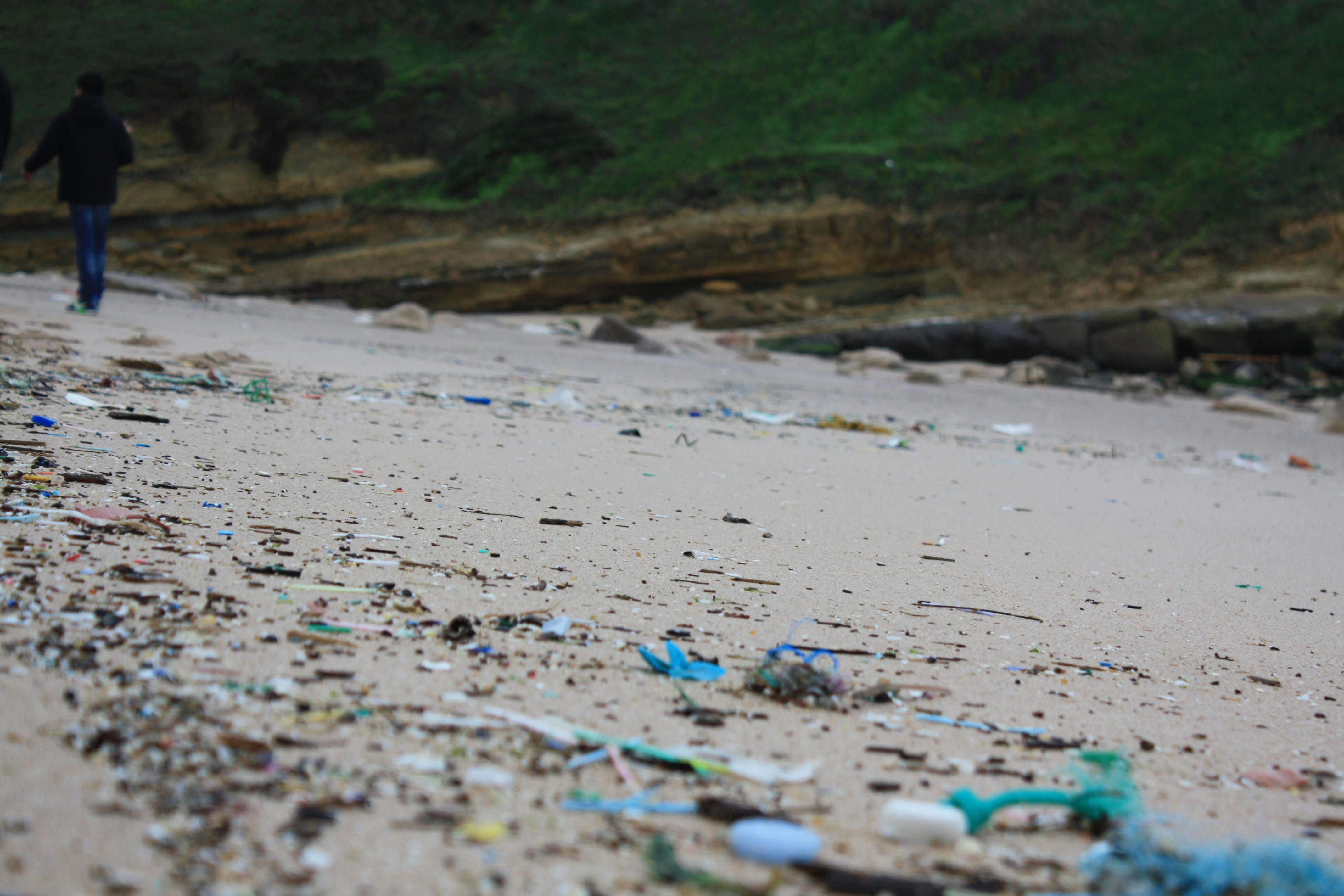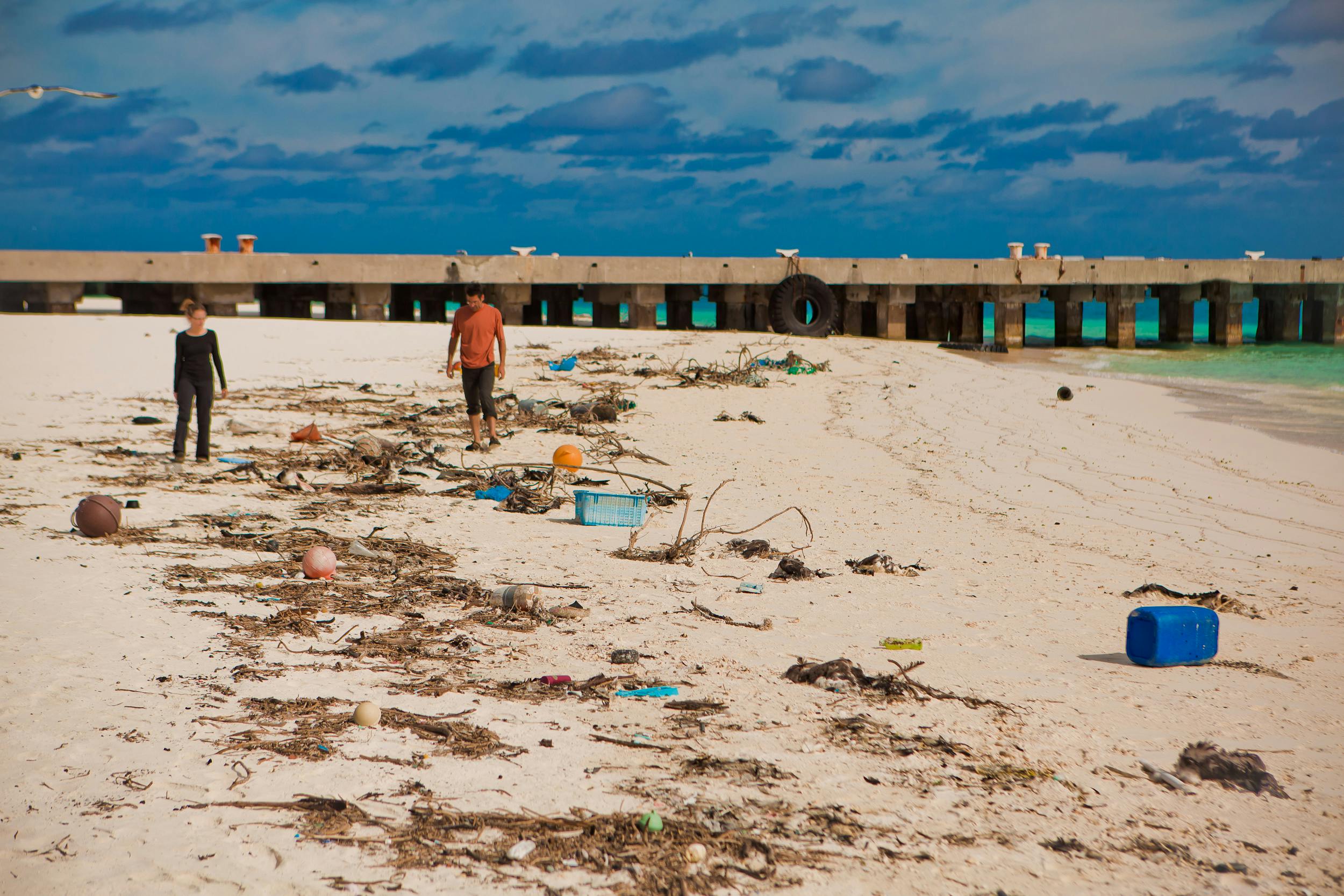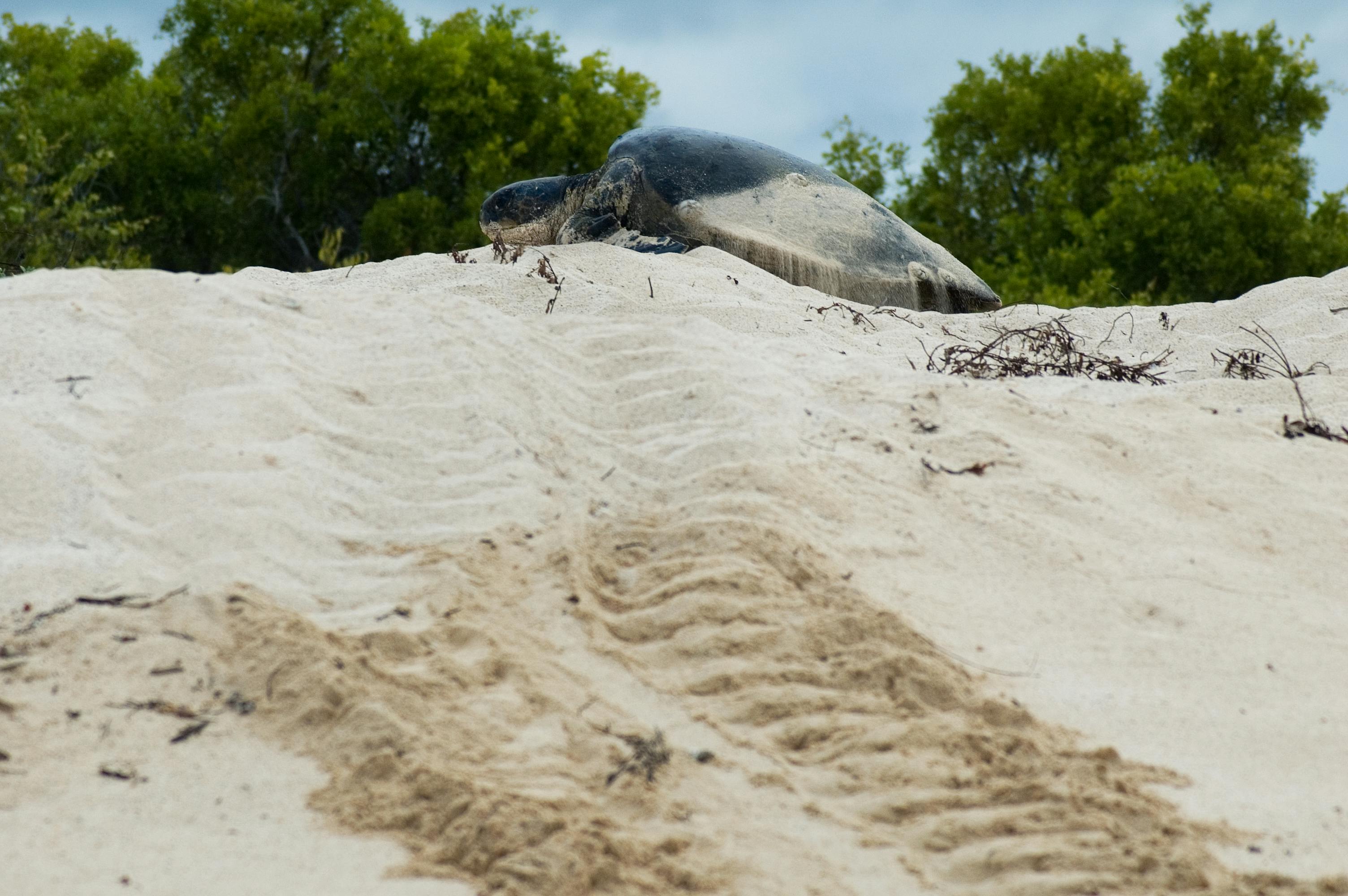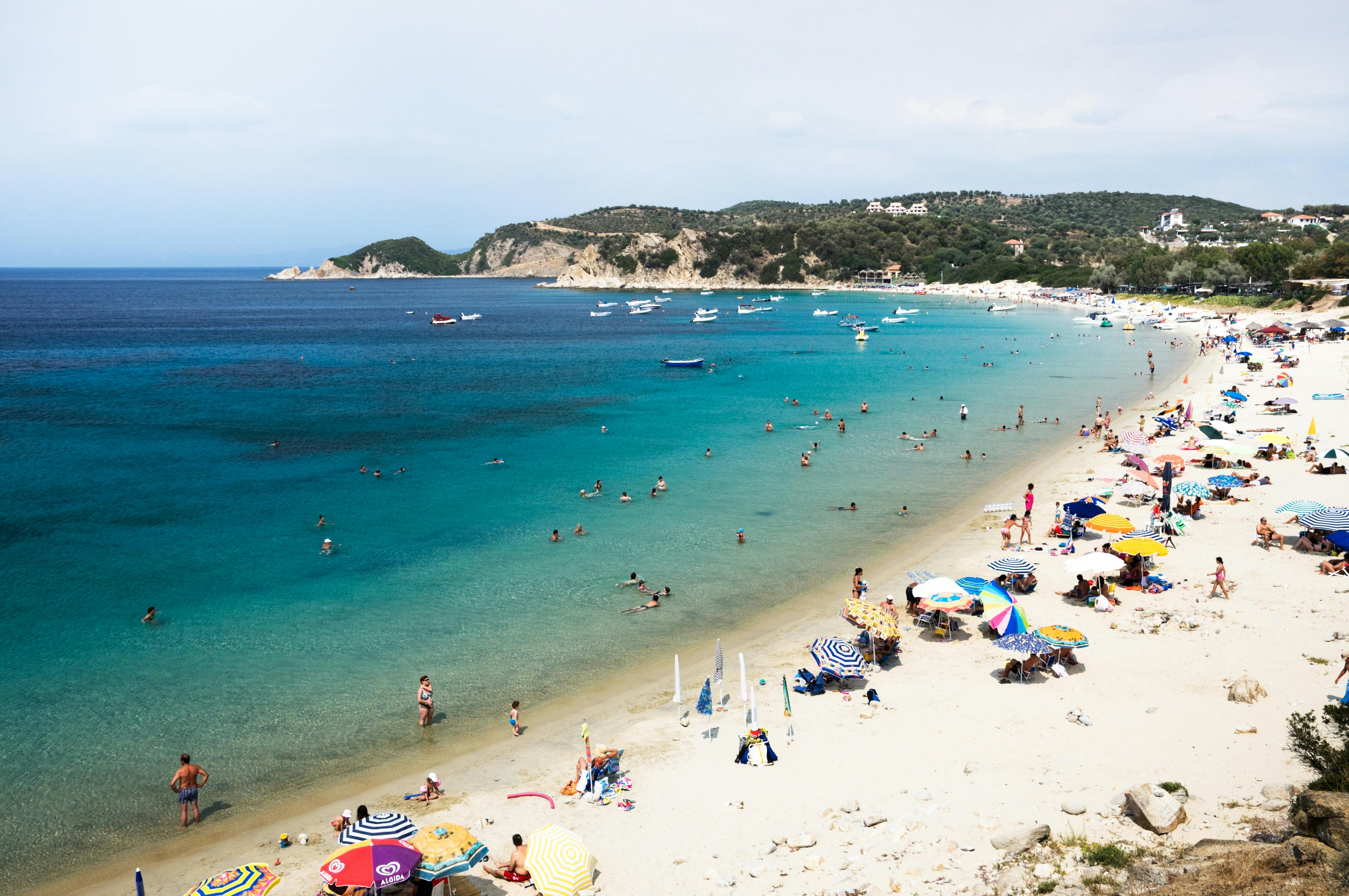People love a day at the beach. We love packing picnics. We love buying salty french fries in our bathing suits. We love the sound of shorebirds. We love skipping rocks across our lakes and building sandcastles. We love swimming until the sun goes does, and the feel of sand between our toes.
A love for beaches is part of being human.
But how well do we actually care for the beaches and swim sites that mean so much to us?
It is important to remember (and oh so easy to forget!) that when you are at your local beach or on seaside vacation, your actions can hurt the beach. You can be contributing to the contamination of the water you love to swim in, making life hard for wildlife, or damaging the delicate beach environment.
The following tips will help you ensure that your beach day doesn’t result in significant and irreversible damage to your favourite swim spot.
1. Hang onto your garbage.
The trash and other pollutants you leave on the beach grossly impact the environment by contaminating the water and endangering marine life. Forty percent of litter found on beaches comes from the public, and 60-80% of that waste is plastic. Plastic never truly breaks down, and it absorbs toxic chemicals over time. Often, plastic is mistaken for food by fish, birds and other marine animals, making them ill and can result in death. The number one type of garbage found on beaches is single-use food and beverage containers.

Pack a waste-free lunch and snacks when you go to the beach by using reusable containers and water bottles. If there are no garbage cans at the beach, or if the trash bins and bags are overflowing, take your trash home with you. If you notice other people leaving garbage behind, encourage them to dispose of it properly or just pick it up yourself. Each time you do, you could be saving an animal’s life.
2. Don’t relieve yourself in the water.
Urine and feces, your body’s bio-waste, belong in the toilet. Relieving yourself in the water can spread diseases to other swimmers, like the highly contagious Norovirus.
You should never go swimming if you have diarrhea. Diarrhea is extremely contagious and is the leading cause of illness among swimmers. If you have diarrhea and go in the water you can give diarrhea to others. The people that are the most vulnerable are babies, toddlers, children, pregnant women, the elderly, and people with compromised immune systems. Tourists are also more at risk.
3. Recognize where you are having a negative impact.
Impact at the beach is inevitable. Whether you are participating in a recreational water activity, eating fish for dinner, or simply enjoying the waves lapping at your feet at the beach, you are having an impact. If you aren’t paying attention, you’re probably doing some harm.
Even the most seemingly harmless activities can be very stressful and disruptive to the animals who live, reproduce, feed, and travel on the beach. Try to avoid disturbing animals. This is particularly important when they are reproducing or feeding.
4. Don’t create obstacle courses for animals.
We take a lot of things with us to the beach including chairs, beach furniture, and umbrellas. Many of these items seem harmless but they can potentially entangle or injure animals. They can also prevent certain animals, like sea turtle hatchlings, from reaching the sea. Make sure you are taking all of you beach equipment home.

5. Don’t feed the animals.
It’s important to let wild animals at the beach find their own food. Feeding them causes animals to lose their natural wariness of humans. It changes their natural feeding and migration activities, and decreases their willingness to forage for food on their own. Feeding animals food that is not their proper diet can negatively impact their health by making them ill. Feeding animals at the beach also creates more faecal waste, which leads to an increase in bacteria in the water.
6. Leave the natural environment as it is.
Changes or disruptions to the natural environment can destroy the habitats of species and ultimately threaten their survival. Clearing natural vegetation such as marram grass destroys their roots. These plants are essential for providing shoreline stabilization and create a home for other plants and animals.
Avoid walking on sand dunes. Sand dunes defend the beach from erosion. They naturally protect the beach from the effects of strong rain storms and waves.
7. Pick safer personal care products.
Everything you rub or spray onto your body will wash off in the water. Lotions can be detrimental to marine environments. They can kill or damage coral and cause toxicity in marine organisms. Commercial sunscreens are full of nutrients, like phosphates, that are known to negatively alter the ecosystem and promote algae growth. Instead, look for sunscreens that contain safer ingredients such as zinc and titanium, visit beaches outside of peak UV hours, or apply sunscreen an hour before hitting the beach so that is better absorbed.
8. Don’t drive on the beach.
Driving on the beach can potentially damage nests, eggs, habitat and wildlife. Cars run over wildlife, and also destroy the natural habitat of marine animals by compacting the sand.

9. Be conscious of your actions at home.
Leaving a small environmental footprint at the beach starts at home. Ultimately, anything you put down the drain or flush down the toilet can end up in the water and contribute to its pollution. Use environmentally friendly products such as biodegradable soaps and detergents without phosphates. Avoid over-fertilizing your lawn as well. Stormwater runoff can cause fertilizer to end up in the water, resulting in nutrient overload and causing algae blooms.

